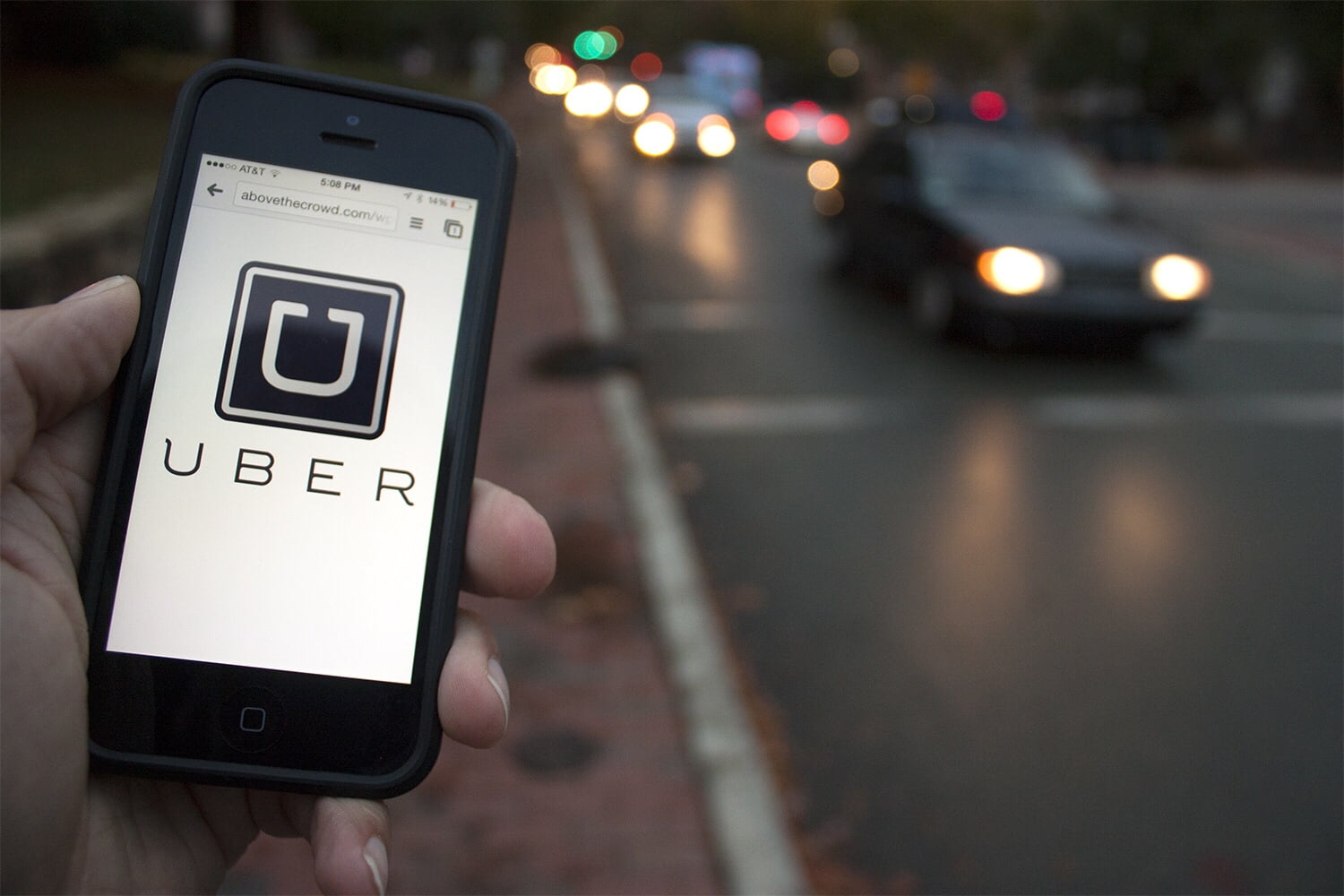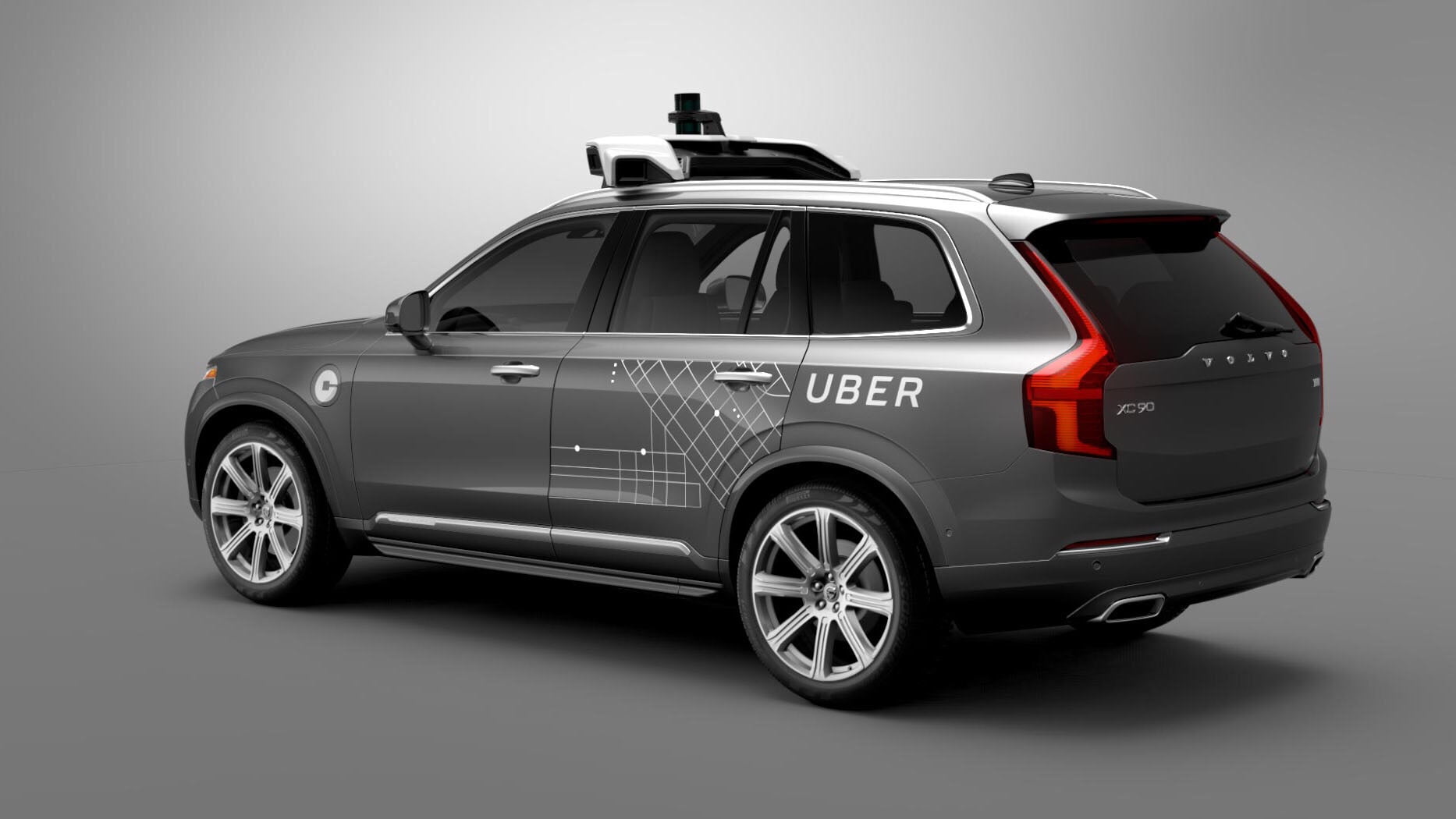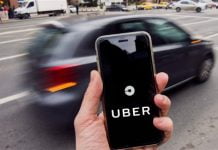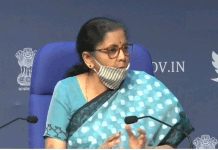According to An Uber-commissioned study, the top 4 Indian cities which are 149 percent more congested than comparable cities in Asia today and the country is facing loss of over $22 billion a year in peak traffic hours compared to travel time at the non-peak hours in those cities. On an average, it takes 1.5 times longer to travel a given distance in Delhi, Bengaluru and Mumbai. Hence the only way out can be ride sharing or shared mobility to get rid of the traffic menace, said the study titled “Unlocking Cities: The impact of ridesharing across India” by the Boston Consulting Group (BCG).

President, Uber India and South Asia, Amit Jain said, “Through this study, we are hoping to draw the attention of administrators and urban planners on how shared cars and mobility can be part of the solution vs individual car ownership.”
According to the survey done by the BCG, In the upcoming 5 years, around 89% of the people plan to purchase a new car. However, over 79% would refrain from buying a car if ridesharing matches car ownership for affordability and convenience.
The study was launched in the presence of Barney Harford, Uber’s Global COO, Suresh Subudhi, Partner, BCG and Ann Lavin, Senior Director, Public Policy and Government Relations, Uber APAC. Harford said, “If car ownership trends continue, Indian cities risk coming to a complete standstill in only a few years. Ridesharing can be a part of the solution to traffic congestion because it uses technology to get more people into fewer cars. We can unlock our cities and their full potential, but we have to do it together.”

In these circumstances, ridesharing would reduce private cars by 33-68 percent. By reducing private cars, increasing vehicle utilisation, improving public transport adoption, and optimising infrastructure planning, ridesharing could reduce congestion by 17-31 percent, the findings showed.
Jain noted, “In the coming months, we will introduce several India-first innovations that will help bring the benefits of ridesharing to many more Indians and enable us to work with the government towards a common goal: reduce private car ownership and expand access to public transit systems.” Overall, travel by public transport accounts for 19 percent and 54 percent of kms travelled in Delhi and Mumbai, respectively.
On average, 25 percent of the private car owners surveyed in Delhi and Mumbai expressed a great interest in becoming a rideshare drivers.
Global Sector Head — Infrastructure and Transport, BCG, Suresh Subudhi said, “On-demand ride-sharing is a practical way to reduce the number of private vehicles on the road and reduce congestion. It is important to encourage this proactively.”









